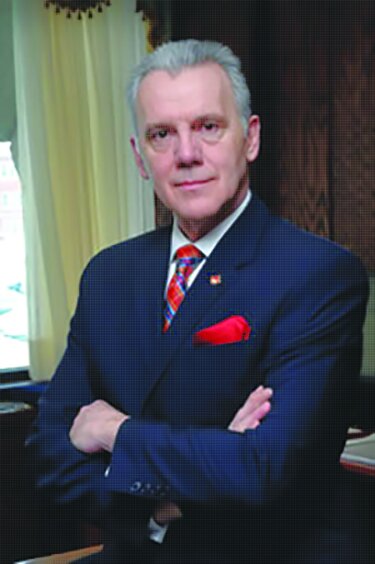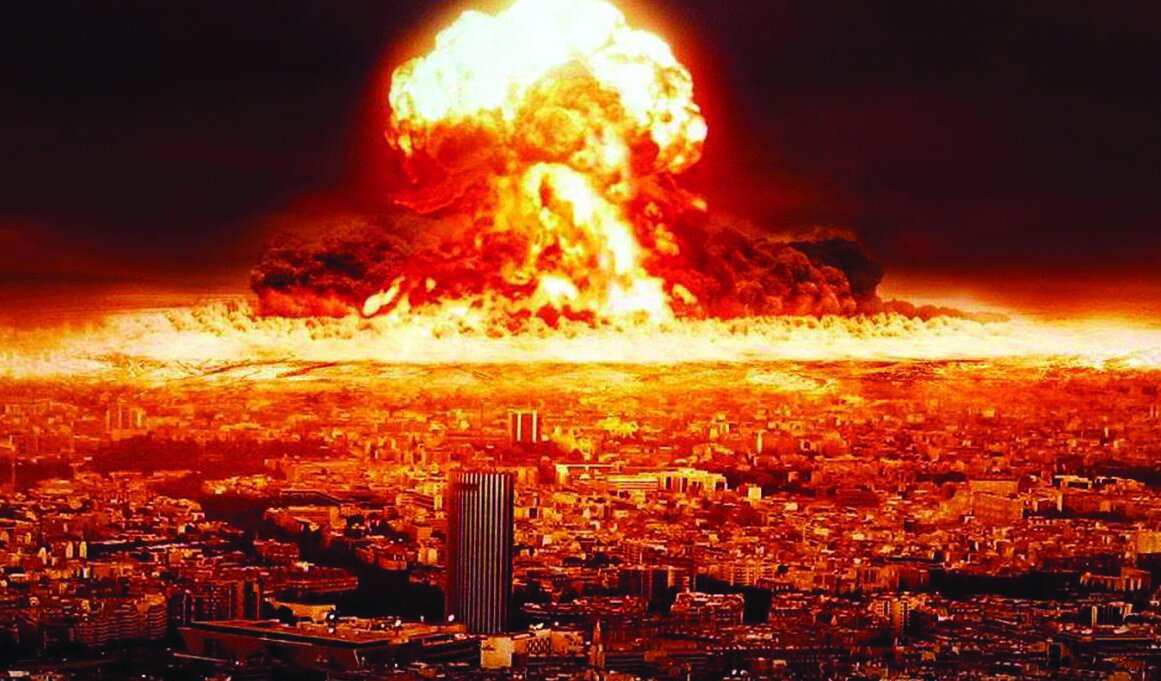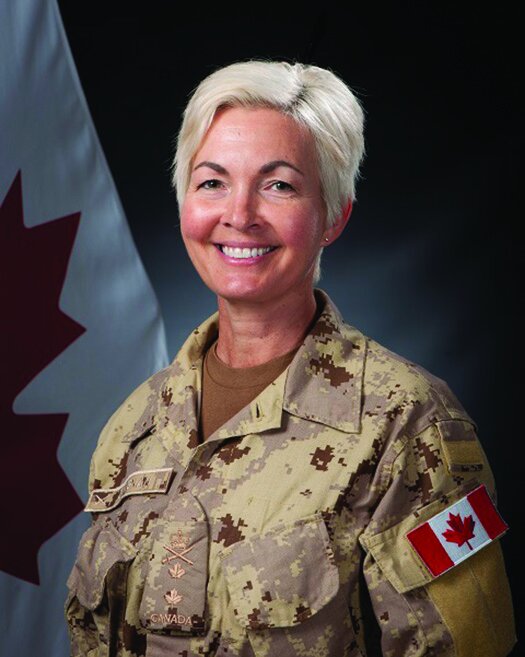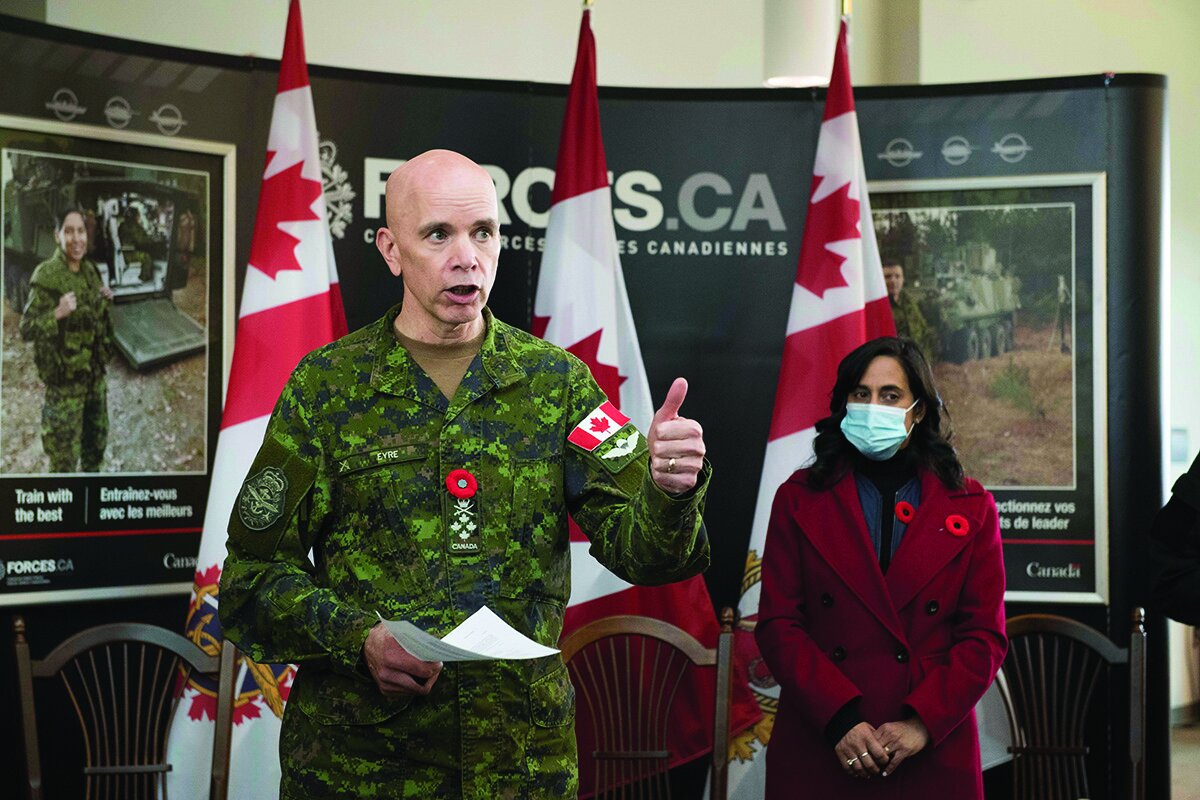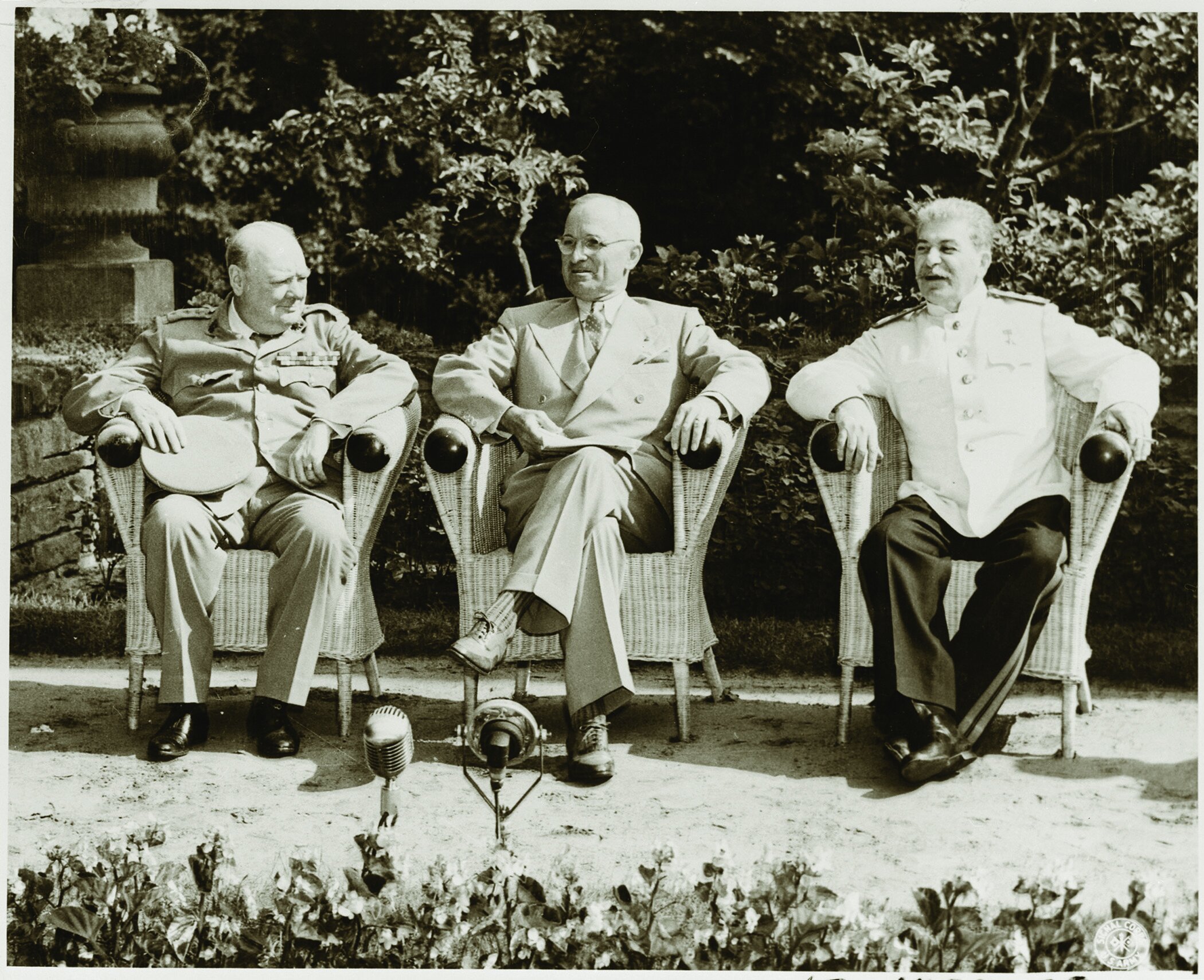by Vincent J. Curtis
NETWORK CENTRIC WARFARE was one of those military ideologies that obsessed U.S. military thinkers in the 1990s and early 2000s. Then, every new or recycled insight had to be formulated as an ideology that would lead ineluctably to victory. The problem with these ideologies is that none of the authors were good enough as philosophers to pull it off. The self-contradictions and sheer nonsense were simply glossed over in the glow of the vision idealized.
Network centric warfare seeks to turn an “information advantage” into tactical advantage in combat, even if one’s forces are “geographically dispersed.” The expressions in quotes go undefined, and this rendering of the concept is simpler and more concrete than “the book” provides.
NCW’s four tenets are: (1) A robustly net- worked force improves information sharing (What does this even mean?); (2) Information sharing and collaboration enhance the quality of information and shared situational awareness. (No they don’t. The intelligence product arising from analysis of information from different sources – sometimes conflict- ing – improves situational awareness. But the analyst in Langley doesn’t have the same situation as the warfighter on the ground, and so their situational awarenesses aren’t shareable.); (3) Shared situational aware- ness enables self-synchronization (what is “self-synchronization” anyway? Why isn’t a person self-synchronized to start with?
Why would sharing something enable it?); and (4) These in turn dramatically enhance mission effectiveness (If objective A is captured, how is the effectiveness of that mission made dramatically more enhanced by the application of tenets 1 to 3? Doesn’t the effectiveness of the mission have to do with the consequences that follow upon the successful completion of it?)
Okay, I’ve had my fun at the expense of some very highly paid American admirals, generals, and defense consultants.
“Technologies applicable to NCW don’t always have to involve W, 5G and Network Centric Warfare.” Schema of NCW (CREDIT: IMAGEGATE)
Shamelessly, the dramatic advances in electronics made from the 1990s onwards are held to demonstrate the validity of NCW theory. Gosh, grease pencil marks on a map have been replaced with graphics on a computer screen, updated in real time! You would think enhancements like that would be sought out and absorbed quickly by serious militaries without the need to congratulate an ideology that is manifestly self-contradictory.
Never mind. Let’s just agree that more information can sometimes be useful, we can drop the ideological baggage and get on with of taking advantage of whatever new technologies can offer. Knowing the color of the tunic that Rommel is wearing this morning is unlikely to be useful to a warfighter; and knowing that a dozen German flak guns are on the other side of the rise isn’t helpful if the tank commander doesn’t understand the significance of ‘88 mm’.
Focusing on infotech, the point is that between Desert Storm and today, a modern military is inclined to have to process a lot more raw data, turn it into tactically useful intelligence, and disseminate the intelligence to subordinate commanders. The ability to absorb and disseminate has become the province of sophisticated defense contractors.
Saab is one of those contractors. Saab is fast becoming a defense systems supplier of choice for budget-minded militaries, which means everyone except the American and Chinese. Saab has recently announced DeployNet, a deployable wireless 5G/LTE communications system that is scalable both in terms of user numbers and range. It is said to offer high-capacity bandwidth that is capable of handling data from sensors, “user interactions,” and various other “information sources.” Real-time hi-res video streaming is possible. It is said to be underpinned by robust cyber security. It can operate in remote locations and can be used to supplement or replace local networks. Aside from base security, DeployNet is useful for search and rescue, recce, training, and crisis management. De- ployNet is a turnkey operation that comes with handsets, power supply, administration tools, and active telecom equipment.
Its most obvious Canadian uses are in Aid to the Civil Power and in rapid deployment of HQ and Sigs units. (Hurricane Fiona, anyone?) Technologies applicable to NCW don’t always have to involve W, as students of 3BW know.



